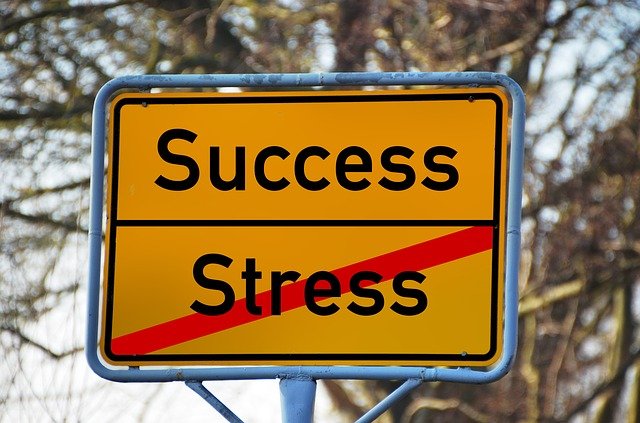
Burnout is a state of physical or emotional exhaustion brought on by work related stress. Lots of things can contribute to burnout and your susceptibility to it- depression, personality traits (how resilient are you?), family life, and other stressors. The Covid-19 pandemic impacted our ability to travel and get away from our daily jobs, so most of us are way overdue for a trip! Whether you start small with a day off, plan for a big vacation, or set it up that you are working remotely from a new/interesting/scenic location, block the calendar for some time to yourself. Now. We also want to keep an eye on our employees and help them identify and navigate burnout as well.
Some risk factors for business burnout are:
- A heavy workload and long hours
- Struggling with work-life harmony
- A job or business in a helping profession, like coaching, healthcare, or anything with high customer support
- A feeling of little or no control over your workday
So how do you know if you have business burnout? Look for these signs:
- Do you have to force yourself to go to work and have difficulty getting started for the day?
- Have you become cynical or hyper-critical?
- Are you irritable or impatient with employees or customers?
- Do you find it hard to concentrate?
- Do you feel unproductive because of lack of energy?
- Are you using food, shopping, drugs, or alcohol to cope and feel better?
- Has your sleep changed, or do you have other unexplained physical problems?
To work to address your burnout try these 5 tips:
- Re-prioritize. Take a look at what you’re working on and have a discussion with your team, supervisor or coach on what the top priorities are. Look for some compromises and solutions to the current workload and expectations (whether those are internal or external!).
- Find support. Reach out to someone- friends, co-workers, therapists, a mentor, or coach- that will listen, let you vent and can help you take an objective look at the situation. If you have an employee assistance program utilize those services.
- Find a relaxation tool. Try yoga, meditation, mindfulness, or tai chi programs to find one that feels right for you to help you with stress.
- Regular activity can help you deal with stress better and take your mind off the business.
- Get some sleep. If insomnia is not a problem, make sure to prioritize sleep (the work will still be there in the morning!) to help improve health.
If you are experiencing burnout or the symptoms of burnout, consider talking to a physician or mental health provider as they can also be related to other health conditions.

 Sharon Lewis
Sharon Lewis







